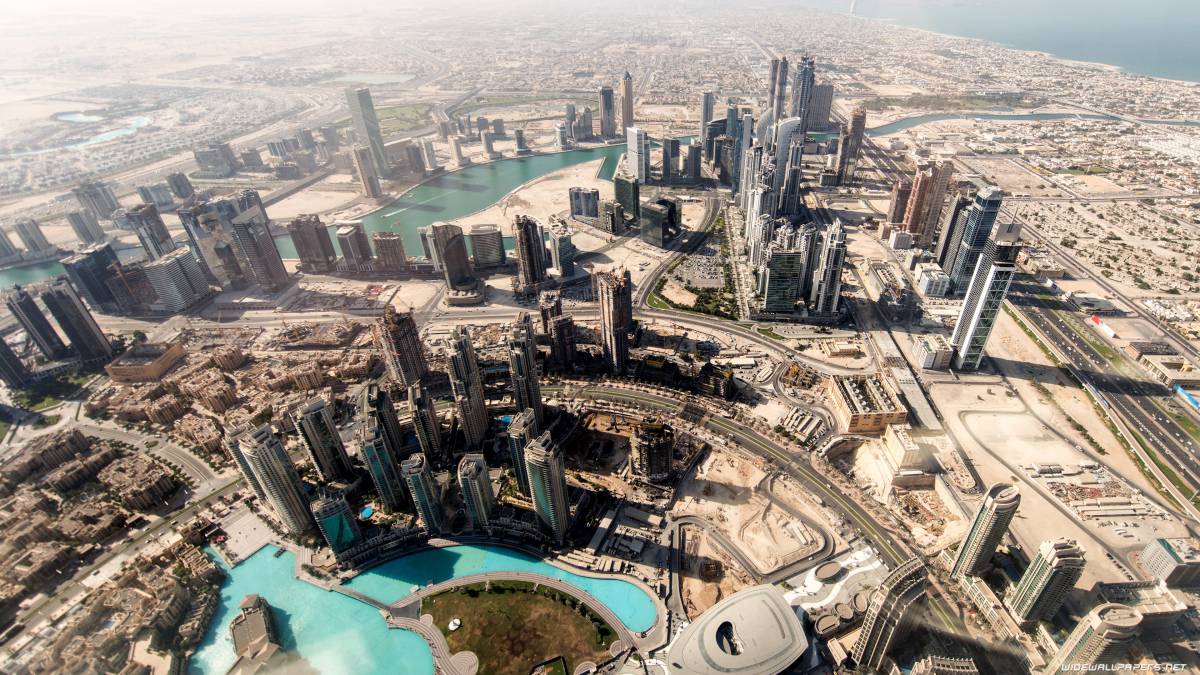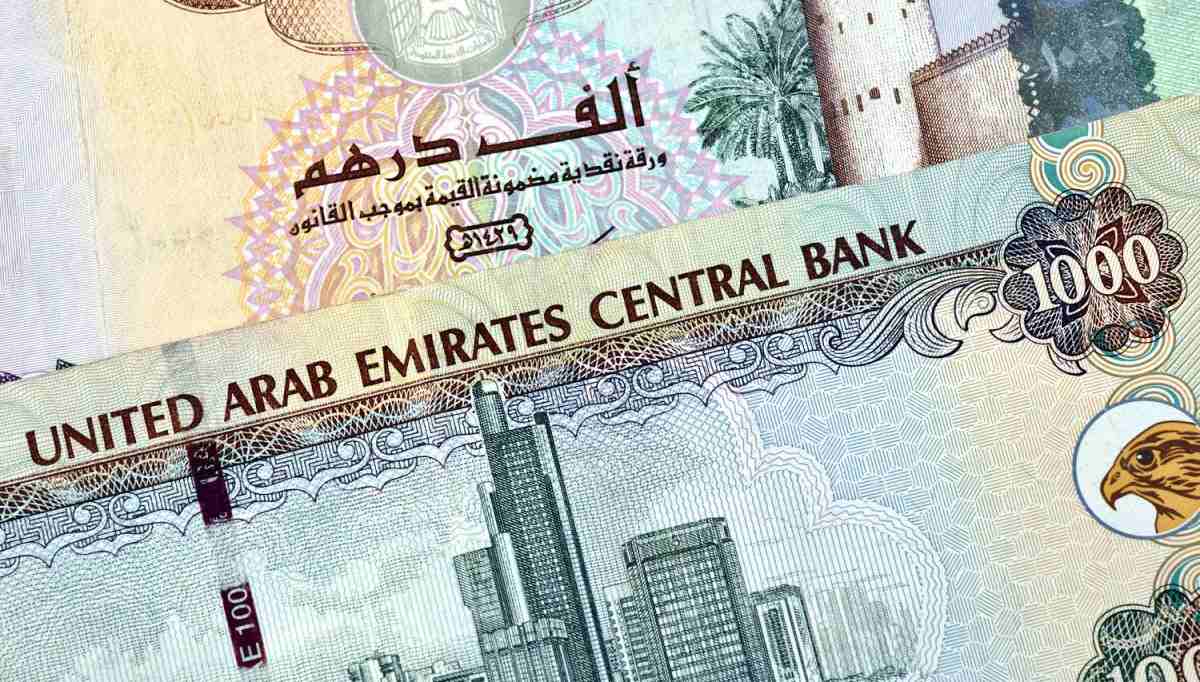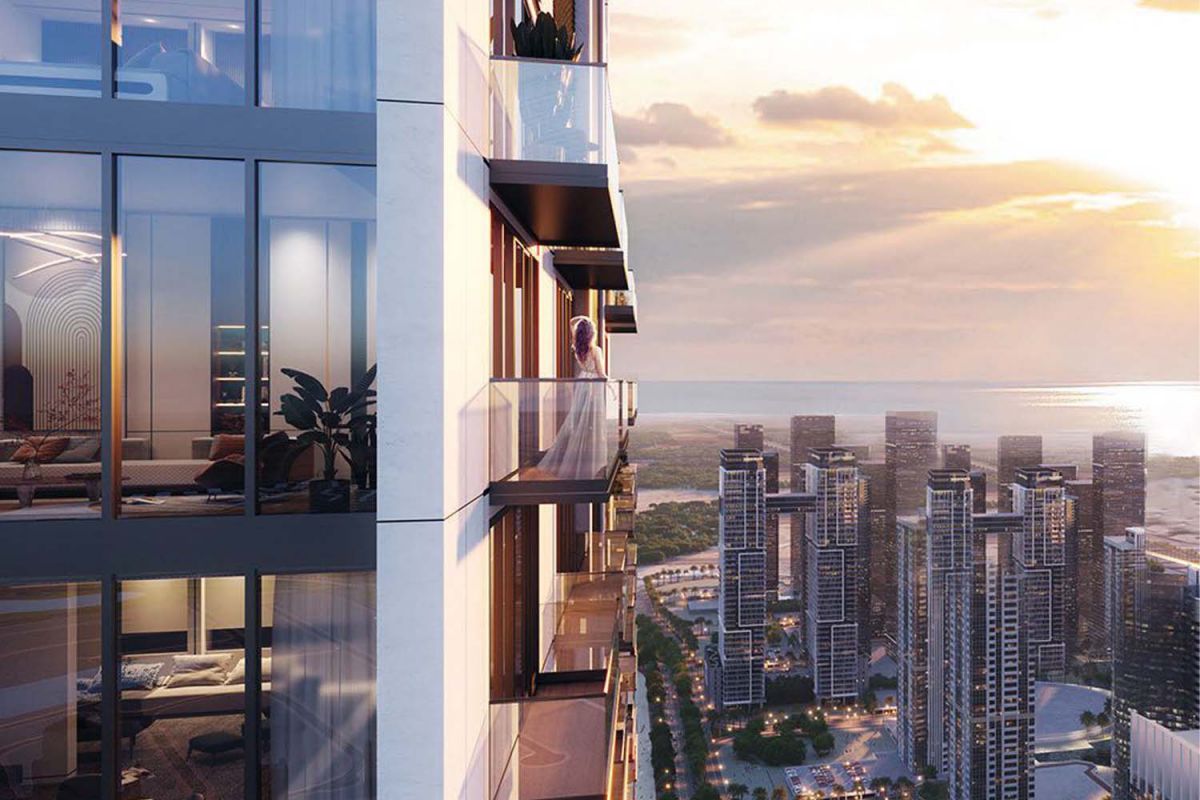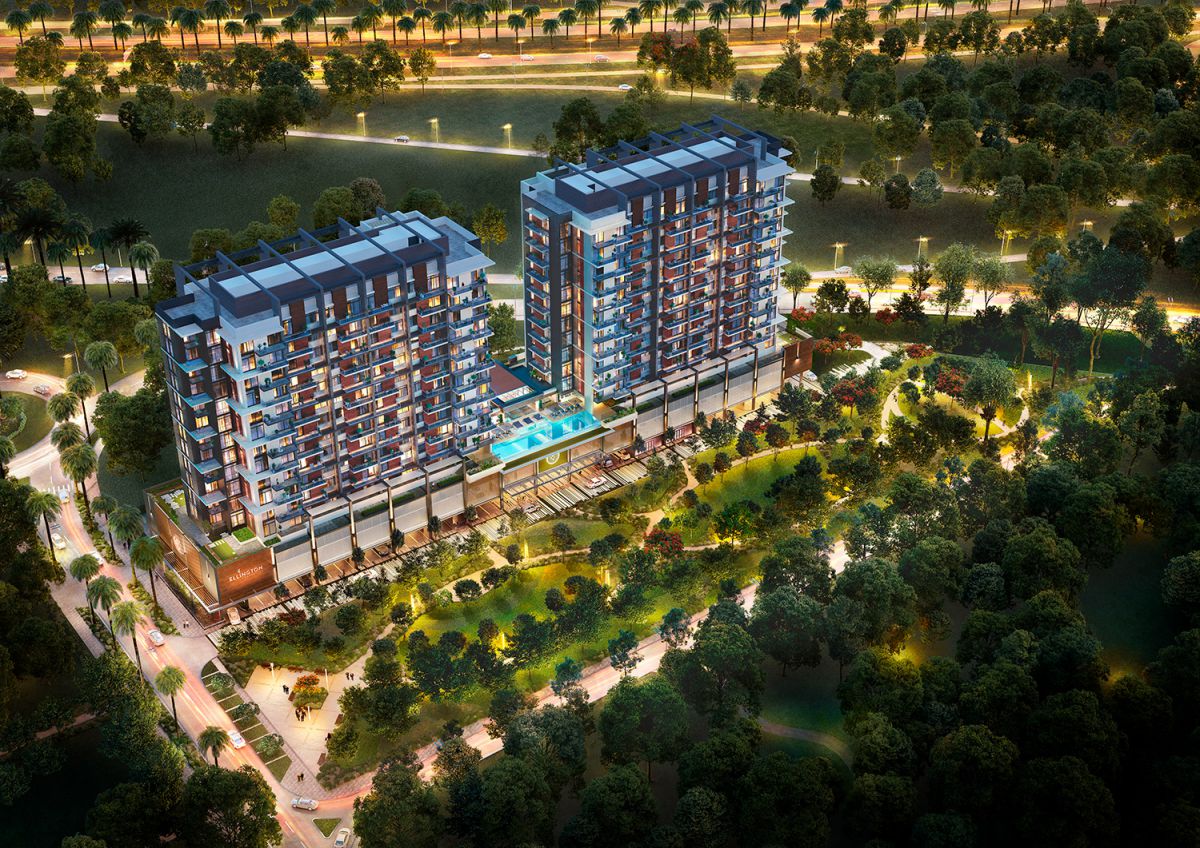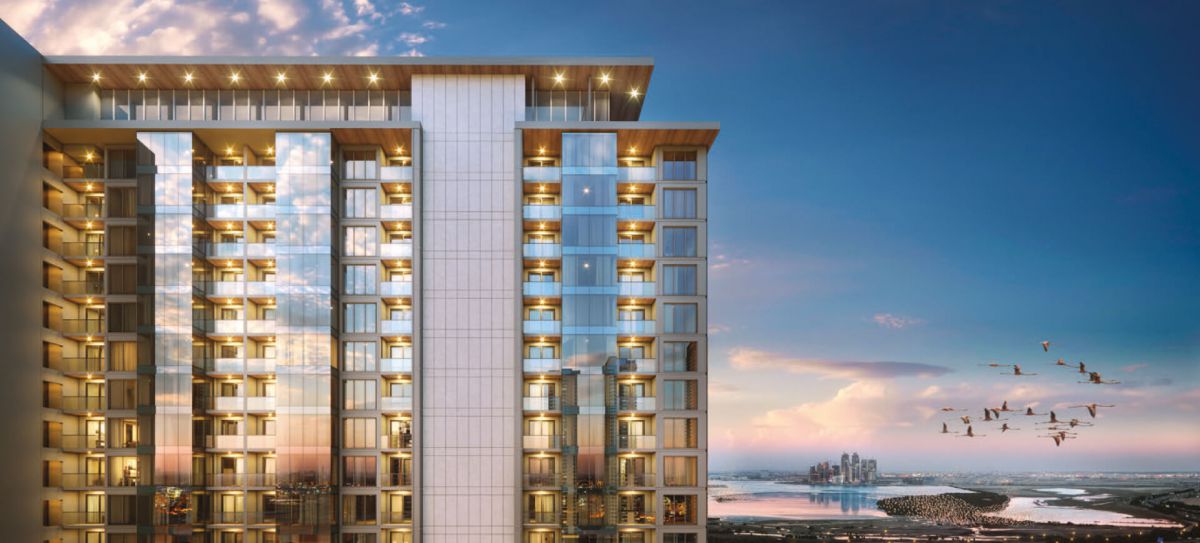Infrastructure Projects and Their Impact on Real Estate Prices in Dubai
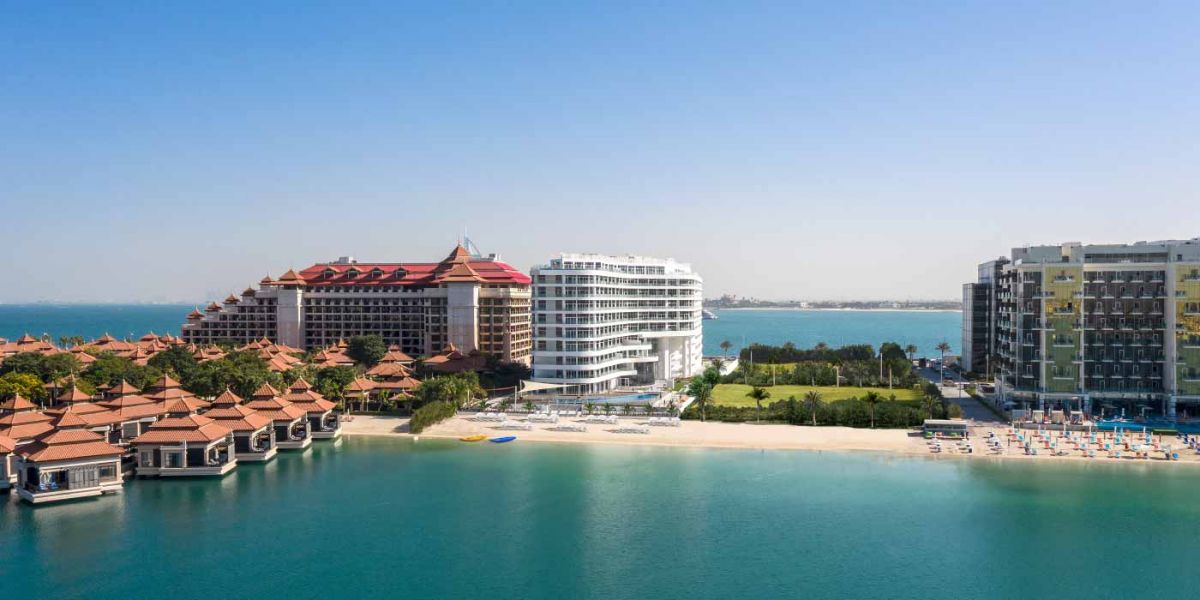
Dubai, with its breathtaking architecture and impressive infrastructure projects, has always attracted attention as both a global business hub and a place for a quality life. In this article, we will explore how infrastructure projects influence the real estate market in Dubai, as well as what trends and changes we can expect in the future.
The Role of Infrastructure in the Real Estate Market
Infrastructure is an integral part of the real estate market, encompassing roads, bridges, airports, public transportation, schools, hospitals, and many other elements that make a city viable and appealing to residents and investors. In Dubai, infrastructure projects have always played a significant role in shaping the real estate market.
Increased Real Estate Prices
When a new infrastructure project is announced in Dubai, it often leads to a rise in real estate prices in the corresponding area. For example, the construction of a new metro system or airport in a specific district can significantly boost interest in that area among potential buyers and tenants.
This price increase can be driven by various factors. Firstly, improved transportation infrastructure makes the area more accessible and convenient for living. Secondly, new infrastructure projects can create jobs and stimulate economic growth, which can also attract new residents.
Examples of Successful Projects
One example of a successful infrastructure project that impacted real estate prices is Dubai's metro system. Built in the early 2010s, the metro greatly improved public transportation and connectivity between different parts of the city. Areas close to metro stations became more attractive to residents, resulting in higher real estate prices.
Another example is the Dubai International Airport, which is the world's largest in terms of passenger and cargo traffic. It attracts numerous businessmen and tourists, creating demand for housing in areas near the airport and consequently driving up real estate prices.
Development Prospects
As Dubai continues to develop as a global business and tourism hub, infrastructure projects are expected to continue influencing the real estate market. One of the most anticipated projects is the Expo 2020 exhibition complex, which will attract millions of visitors and participants.
The creation of new districts and infrastructure facilities will also impact real estate prices. For instance, the development of the Dubai Canal and the waterfront areas of Business Bay has made them more attractive to investors and residents alike.
Tips for Investors and Buyers
For real estate investors and buyers in Dubai, it is essential to keep an eye on infrastructure projects and understand their potential impact on the market. Before purchasing property in a new district, consider not only current prices but also planned infrastructure projects.
Additionally, pay attention to proximity to public transportation, schools, hospitals, and other infrastructure elements that make a property more attractive for living and renting.
Infrastructure projects remain one of the key factors influencing real estate prices in Dubai. They make the city more convenient, accessible, and appealing to residents and investors. Understanding the impact of such projects and making informed decisions in the dynamic Dubai real estate market can be beneficial for investors and buyers alike.
Keywords: Infrastructure projects, impact, housing prices, Dubai, urban infrastructure, investments, real estate, economic development, urban planning, renovation, residential sector, transportation projects, standard of living, price growth, construction, investors, real estate market, housing in Dubai, infrastructure modernization, regional development, long-term investments, market dynamics, infrastructure improvement, residential property, transportation network, urban economy, demand, infrastructure changes, investment housing, strategic projects, housing cost, economic growth, metropolis, market prospects, modern facilities, public transportation, infrastructure enhancements, regional attractiveness, urban renewal, market supply, real estate demand, construction industry, infrastructure strategy, local economy, housing development, market competitiveness, city housing, construction projects, price dynamics, urban development, infrastructure development, infrastructure investments
